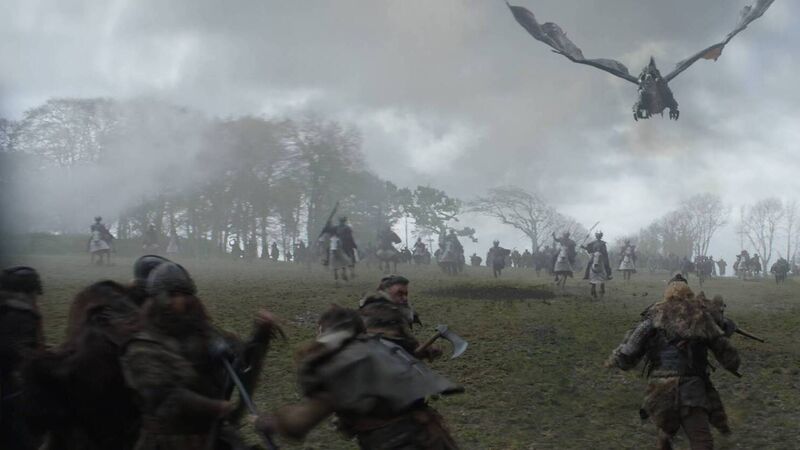'Dungeons & Dragons' embarks on an epic quest to finally make money

'Dungeons & Dragons: Honor Among Thieves' is a big-budget, CGI-laden spectacle co-produced by Paramount Pictures and Hasbro’s in-house EOne Studio, starring Chris Pine and Michelle Rodriguez as a couple of wisecracking, world-saving thieves.
Past the Mr Potato Head statuary in the parking lot, past the phalanx of vintage GI Joe soldiers lining the hallway, past the old-timey Monopoly board hanging on the wall, Chris Cocks stops in front of a whiteboard.
“Let me just erase these corporate secrets,” says the chief executive officer of Hasbro Inc. Two reporters visiting the toymaker’s headquarters in Pawtucket, Rhode Island, USA, corkscrew their necks trying to decode what appears to be company financials. Then Cocks raises his hand and wipes it all away.











